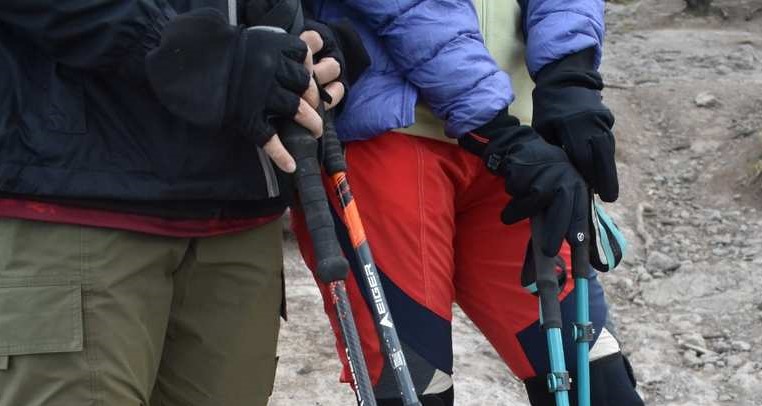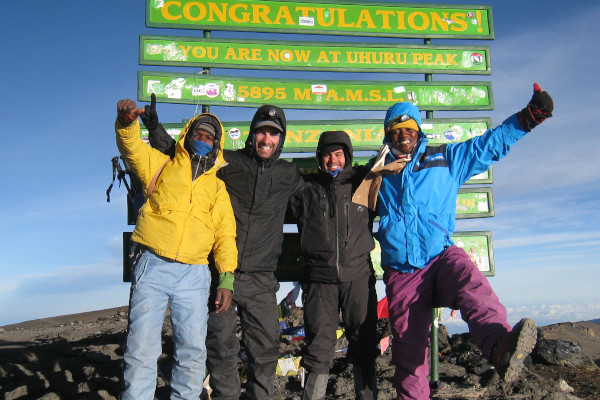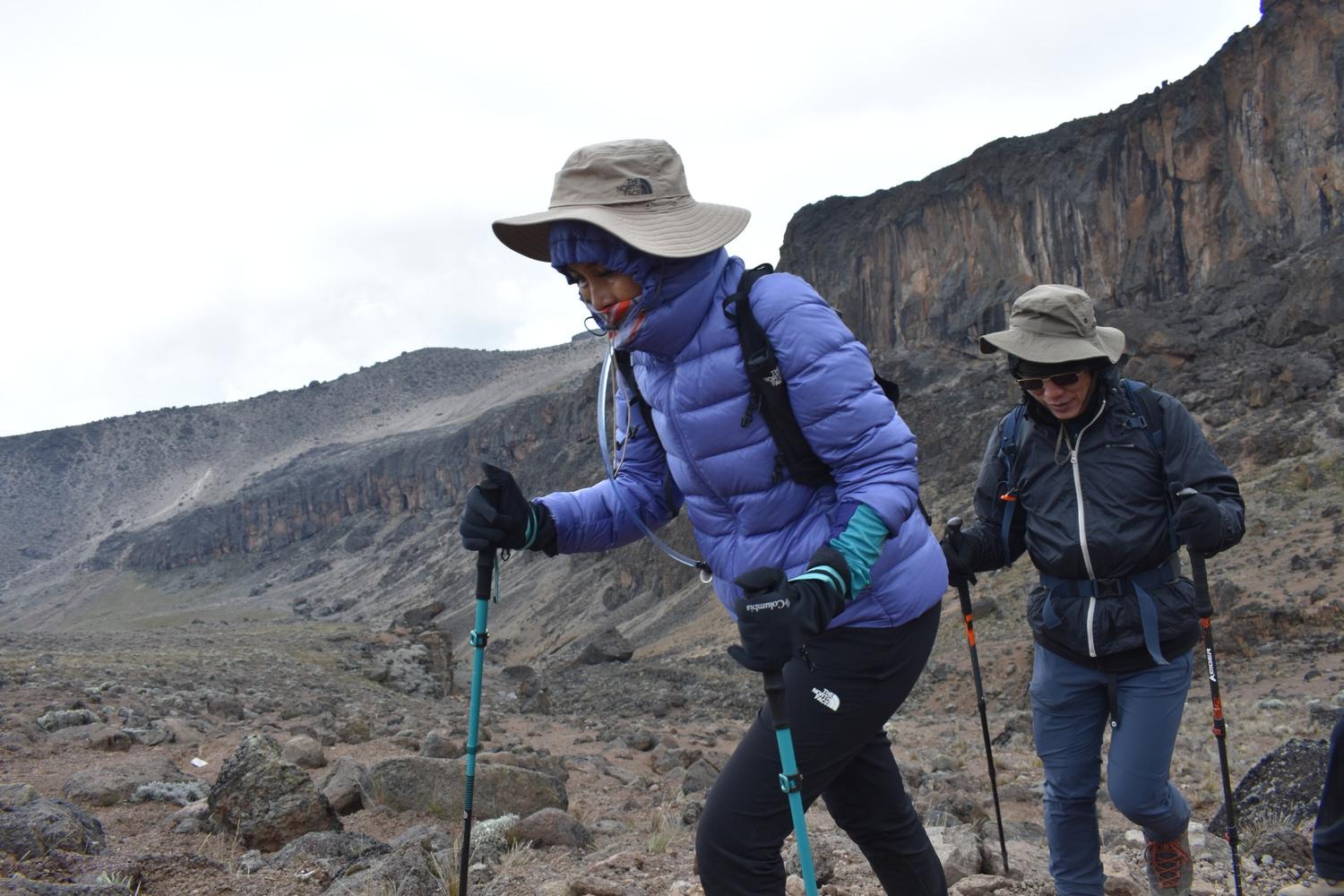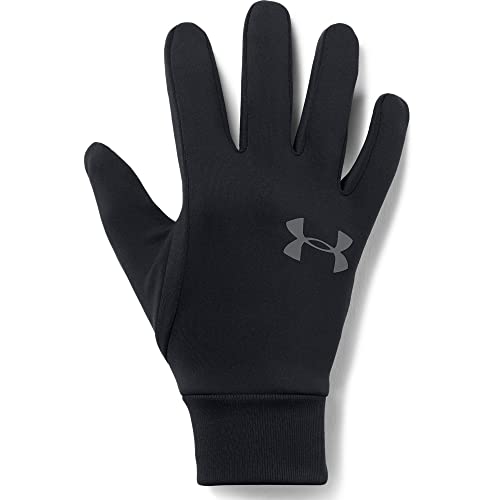If your preparing to hike the highest mountain in Africa, you need to be sure you have suitable Kilimanjaro gloves. Forgetting to pack this key piece of kit will make for a very uncomfortable hike and, very likely, a few frozen fingers.
Here I provide some tips on choosing the right gloves for Kilimanjaro. I'll also look at some good options for trekking poles (another important bit of kit).
Once you've read this article make sure to download my Kilimanjaro packing list.
My Quick Takeaways:
Ensuring your hands stay warm and functional on Kilimanjaro is vital. Here's a concise guide:
- Inner Gloves: Opt for lightweight, moisture-wicking liners made from materials like merino wool or synthetics.
- Outer Gloves or Mittens: Choose insulated, waterproof options to protect against extreme cold and wind, especially during the summit push.
- Layering: Wearing both inner and outer gloves together provides flexibility to adjust to changing temperatures.
- Dexterity: Ensure your gloves allow you to grip trekking poles and manage zips or buckles without hassle.
- Quality Matters: Invest in reputable brands known for durability and performance in alpine conditions.
Proper glove selection is crucial for a comfortable and safe ascent. For a detailed breakdown, check out my complete guide on Kilimanjaro gloves and trekking poles.
What Gloves Do I Need For Kilimanjaro?

A quality pair of sports gloves/ inner gloves is useful for most days of the hike but not warm enough on their own for the summit.
There are two types of gloves you should take on your Kilimanjaro trek – inner and outer gloves.
Like base layer clothing, inner gloves provide the next-to-skin insulation that is critical when trekking in cold temperatures (and it will get really cold on the upper reaches of Mount Kilimanjaro).
My Pro Tip: See my guide on Kilimanjaro temperatures and weather.
Outer gloves are thicker, waterproof and provide the shell protection needed to prevent freezing hands.
Inner gloves come in handy during the chilly mornings and evenings on most days of your hike.
Most people find they only need to use their thick outer gloves on summit night when you are faced with freezing temperatures and usually also getting battered by icy winds.
Both pairs of gloves should be able to be worn together. They also need to allow enough mobility and grip to hold your trekking poles, adjust your headlight or grab something out your bag.

Plan your Kilimanjaro trek
Get a quote from my recommended local Kilimanjaro operator
Kilimanjaro Gloves
Inner Gloves
In terms of inner gloves, you want to make sure to get a pair that has great wicking properties (synthetics, merino wool or even silk) are good.
Do not go for a cotton inner gloves as these will restrict moisture transfer. You should also make sure that the gloves provide a good thermal lining and are lightweight.
I like using trail running gloves like these. I also recommend New Balance Gloves.
Outer Gloves/Mitts
I cannot stress the importance of having good outer gloves or mitts. Your hands will be the first to start freezing on summit night. Cold hands are super debilitating and painful.
The perfect outer gloves provide warmth and are waterproof, without being cumbersome or too bulky. Essentially you want gloves that provide some dexterity, whilst also providing exceptional warmth, water resistance and durability.
Based on these criteria here are some recommend insulated gloves (Men's and Women's) - I specifically like insulated gloves from Outdoor Research or Black Diamond.

Plan your Kilimanjaro trek
Get a quote from my recommended local Kilimanjaro operator
Trekking Poles For Kilimanjaro

Trekking poles take pressure off your knees, they also create a repetitive walking rhythm that helps you push through tough sections of the hike.
Trekking is one exercise that puts serious strain on your major leg joints and knees. This is particularly true on Kilimanjaro where the average trek length is 7 days, with 5-8 hours of hiking each day.
Add in the rough terrain that undulates frequently and you can see why most people complain of sore legs.
The best way to reduce the impact of long-distance trekking on your knees and joints is by using trekking poles.
In fact good trekking poles can reduce the impact on your knees by up to 25% – as assessed in a 1999 study by The Journal of Sports Medicine.
I recommend using trekking poles as a mandatory hiking accessory on Mount Kilimanjaro, as they offer better balance on trails and reduce stress on joints during ascents and descents

Plan your Kilimanjaro trek
Get a quote from my recommended local Kilimanjaro operator
Key characteristics to look for in a pair of Kilimanjaro hiking poles are:
- Weight: Medium-weight poles (~350 grams) tend to be better at enduring long and sustained treks across rough terrain as they are often more durable.
- Adjustability: Good trekking poles should be fully adjustable. There are two main adjustable systems – lever-locking or twist-locking. I recommend lever-locking systems as they are easier to use, and more durable (despite being slightly heavier)
- Grip: Pole grips are usually made from cork, rubber or foam. Cork is a good grip material and super durable, but not as good as rubber in terms of insulating warmth (which is a factor on Mount Kilimanjaro). Foam is the least durable type of grip but the best at wicking moisture away from the grip and hands. If I were pushed to recommend a grip type for Mount Kilimanjaro I would say rubber or form, for their warmth / wicking properties, but cork is still my overall favourite for its durability and lower susceptibility to chaffing the hands and causing blisters.
- Material: The Pole itself is usually constructed from lightweight aluminium or carbon fibre (which is lighter than aluminium). I don’t have too much of a preference here, as long as the structure is sturdy and mid-weight.

Plan your Kilimanjaro trek
Get a quote from my recommended local Kilimanjaro operator
Recommended Kilimanjaro Trekking Poles
For a quality trekking pole that comes at an affordable price, I recommend the Cascade Trekking Poles.
The Cascade poles come in two variations - Carbon Fiber and Aluminium). The former is lighter than the latter but a little more expensive. Both come with a quick-lock system and use a combined cork and EVA grip for superior durability.
Alternatively, if you have a larger budget then it’s worth checking out the Black Diamond trekking poles or the LEKI trekking poles.
REI often have some great deals too - see here.

Plan your Kilimanjaro trek
Get a quote from my recommended local Kilimanjaro operator
My Final Thoughts
And there you have it: A quick and easy guide on the best Kilimanjaro gloves and trekking poles. Do you have a favourite you'd like to share with me? Let me know in the comments below.
See my complete guide to hiking Mt Kilimanjaro. Looking for more equipment guides? See below.




Hello, which weight Icebreaker base layers would you recommend out of the 200 or 260? Thank you
Hi Laura, I would go for the 200.
Hi,
Would you recommend two walking poles? I usually use just one, as I like to have a hand free, but would consider getting a second pole, if it would make a significant difference.
Thanks
Hi Elizabeth, It is really up to you. Going up you will find that poles aren’t that necessary, or indeed one pole will be sufficient. But coming down it’s useful to have two as the scree can be pretty slippery and two poles provide added support. I would recommend taking two and you can always keep one folded up and attached to your daypack if you don’t need it. All the best!
Hi,
Should I be buying walking poles with pointed edges or flat bases?
Thanks
Hi Alexandra, I prefer flat bases, but there is no hard and fast rule.
Hello and thank you for this!
Do you think the Mountain Hardwear Returnia Gloves would suffice for summit night, with inner wool gloves ?
Hi Lizzie, The Returnia’s are perfect for the job!
Awesome ! Thanks a lot.
I’m climbing Kili with my GF in September. We have merino thermals, merino long sleeves, 200 fleece and goretex shell jackets. Will we need a down jacket also? Or will that layering combo do? Cheers
Hi Jordan, I would recommend taking a winter jacket as well. It doesn’t need to be down, a good synthetic jacket will do the job just fine. All the best!
What is best, Gloves or Mittens and what do you recommend for ladies.
Thanks
We recommend any of the warm glove / mittens (up to -20 degrees) from brands like The North Face, Dakine, Eider or Black Diamond.
Can you buy trekking poles in Moshi?
You can definitely rent, but buying can be a little sketchy.